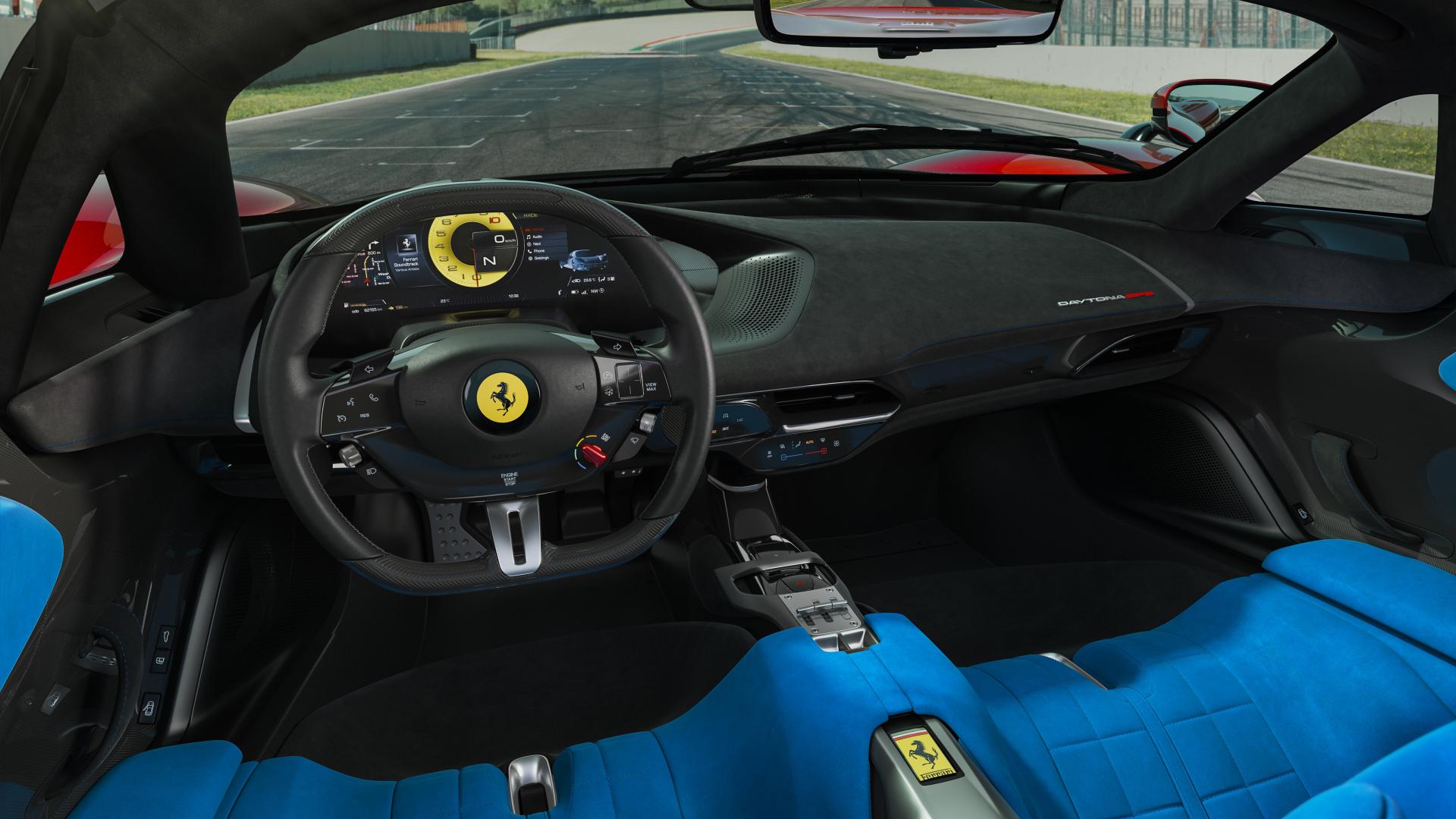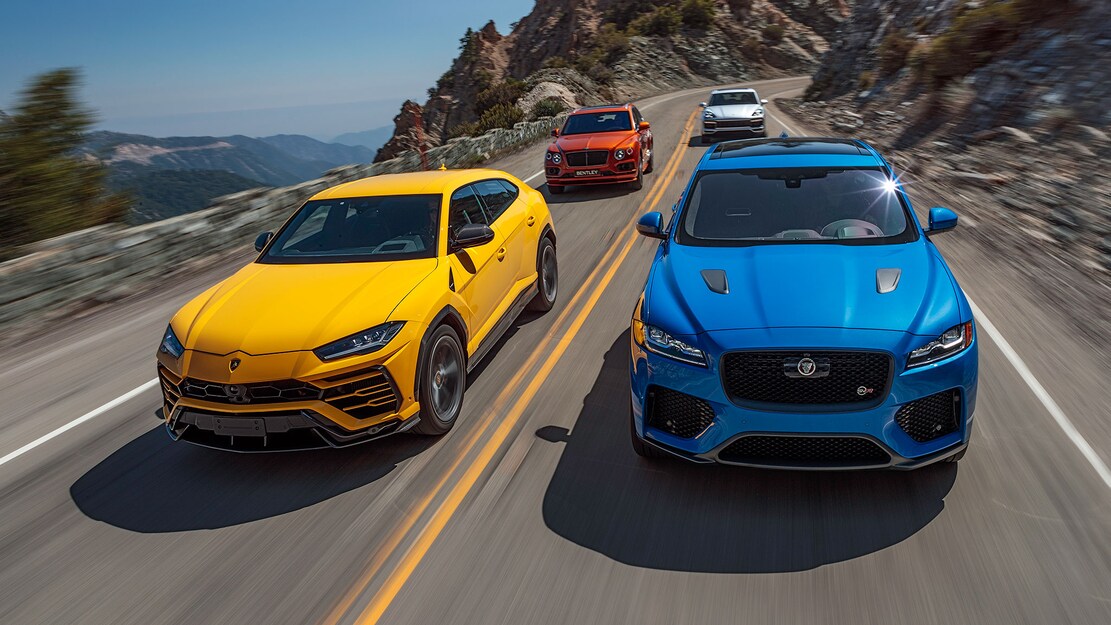I drove the 2019 Acura NSX on track a while back, and it’s an absolute freight train. But now that I’ve driven it in the snow and the rain and our pothole-riddled streets around Southeast Michigan, I can tell you about what it’s like to live with the Japanese supercar.
Our tester was painted in gorgeous Casino White pearl. It’s a stunner in this color, highlighting the NSX’s proper supercar styling – impressions were reinforced by the constant stares and craned necks over a cold November weekend. All $21,600 of carbon fiber exterior parts (several carbon packages combined) probably didn’t contribute a whole lot to this, but man does it look cool up close. Updates to the 2019 car consist mostly of more suspension and tire to give it the edge it was missing before. Stiffer stabilizer bars, rear toe link bushings and re-tuned magnetorheological dampers do the bulk of the work. A complete recalibration of the steering and SH-AWD system ties it all together, and boy does it work wonders.
Of course, I spent most of my time inside the NSX, which, just like before the 2019 update is the most controversial part of this car. Acura likes to say it has “excellent ergonomics” and “simple driver interfaces presented with elegant materials.” Critics say it looks like any other Acura, giving the nearly $200,000 supercar a cheap vibe.
I think there’s a disconnect between what Acura thinks is a perfect supercar interior – a focus on superb visibility and ease of use so you can focus on driving – and what enthusiasts are hardwired to believe a supercar interior should be – wild, at times nonsensical, and exotic.
I find myself on Acura’s side in this debate, more so after spending so much time in the cabin. The skinny A-pillars, long windows and excellent view out the rear make driving this car through rush-hour traffic a calming adventure. Our car’s blue/black leather and suede interior combination looks the business and feels luxurious — the $3,800 carbon fiber interior package helps it feel exotic. I spent plenty of hours in the saddle over a long weekend and was never fatigued or sore from the seat. The car is downright approachable to drive for anybody, partly thanks to the straightforward interior. The only part that ever frustrated me was the lack of a volume knob, an annoyance carried over from Honda.
One knob you will end up using often is the giant Dynamic Mode control knob. I did most of my commuting in either Quiet or Sport mode. Quiet is perfect for creeping along in traffic and getting peak fuel economy. I managed just over 22 mpg over the course of a couple hundred miles to and from the office, and I definitely opened it up when I had the opportunity. The hybrid technology is what sets this supercar apart from others at its price point. I was able to accelerate to over 40 mph running in EV mode on plenty of occasions, and the gas engine shut off above 50 mph sometimes.
Of course, only a fraction of my time was spent exploring the eco-friendly nature of the NSX. The rest was spent testing out how great this car is at tackling some twisty backroads. Hint: it’s damn good.
Click the center dial twice to the right for Sport Plus, and just drive. All the compliments I paid the car on the track translate to the road. Steering is telepathic. The engine and transmission respond as quickly as my brain decides what it wants. New Continental SportContact 6 all-season tires provide sure-footed agility even in the sub-30-degree weather I was pounding around in. I never tired of the loud intake and engine roaring behind my ear, no matter how many trips to 7,500 rpm I took.
That said, a track is truly needed to explore the limits of adhesion and speed in this car. If you have your foot down for three seconds, you’re already going 60 mph. Keep it planted for a couple more and … well, hopefully you caught the cops napping. Because of the three electric motors, there’s no wait for turbos to spool up or revs to build, and launches are brutal.
Even with the stiffer and re-tuned suspension for 2019, it handles potholes and road imperfections with ease. The platform itself feels extremely rigid no matter the road surface, but with the magnetorheological shocks in their softest setting, I was able to drive in total comfort. Snowy roads didn’t faze the NSX either. All-wheel drive was there to pull me along without unwanted slippage, and I even managed to do some donuts in a snow-coated, empty parking lot. I lost count of the times I just had to chuckle to myself about how great this car handles any situation I threw at it.
That includes taking it through a Wendy’s drive-thru and a run to the grocery store. The large-for-a-supercar trunk space is remarkably useful. It held my large camera bag, a case of beer and a few other groceries just fine. Acura says you can even fit a set of golf clubs back there, but it’s long past golfing season in the Midwest. The parking sensors help to keep you from scuffing your carbon fiber splitter on a parking block — they were able to sense a block barely 5 inches off the ground.
No other electrified supercar can touch its base price of $159,300 — yep, that’s the way things are rolling nowadays. However, buyers aren’t exactly lining up for the NSX like they do for supercars from Ferrari and McLaren. Perhaps its understandable apprehension about a hybrid supercar – something I felt before I drove this one. After all, efficiency isn’t high on the supercar priority list.
No, supercars are meant to be evocative, alluring beasts that pull you in with outrageous sounds. You should feel more alive behind the wheel of these cars than any other. For a substantial period of time, Honda was king of the world in this department. I’ll stand around all day and heap praise on how the original NSX feels to drive. I cannot do that for the 2019 NSX. It’s not 1991 anymore, and others have stepped up to the plate. The 911 GT3’s 9,000 rpm flat-six is automotive bliss — again, something I can’t say for the NSX’s clinical 3.5-liter twin-turbo V6. The NSX’s lack of aural bliss may be one of the holdups accounting for slow sales. Acura sold 17 in December last year and 170 for the year, total.
Then there’s the price itself. Our NSX was loaded up to $196,500. Yours doesn’t have to be. However, it’s still significantly more expensive than the original was, adjusted for inflation. When it wasn’t marked up due to insane demand, the original NSX was a relative bargain supercar by today’s standards. Tack on a few options to the new car like ours, and a sea of other exotics come into play.
Maybe Honda thought the market for a gas-electric hybrid supercar was bigger than it is in reality? Most likely, it’s a combination of all these potential hangups: a crowded market for sports cars at its price point, the lack of passion coming from the powertrain, the mere idea of a hybrid supercar. That’s a true shame, because it might keep potential buyers from even giving it a test drive. I’d wager that if more people actually took an NSX for a spin, and if there was a better sales pitch for its incredible performance, more people would buy them. As it stands now, the 2019 NSX is an incredibly impressive supercar that I would drive every day. It’s just not as desirable as some of the other toys on the market.
Related video:



